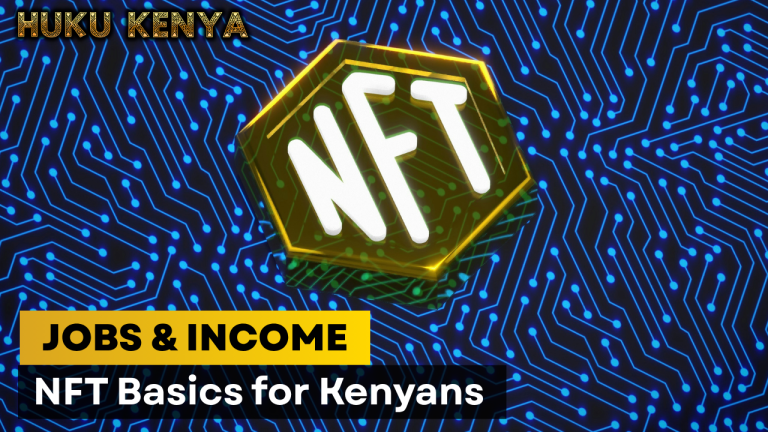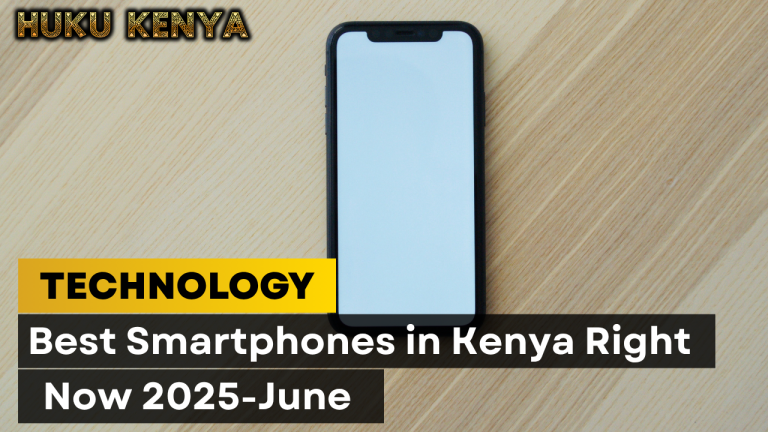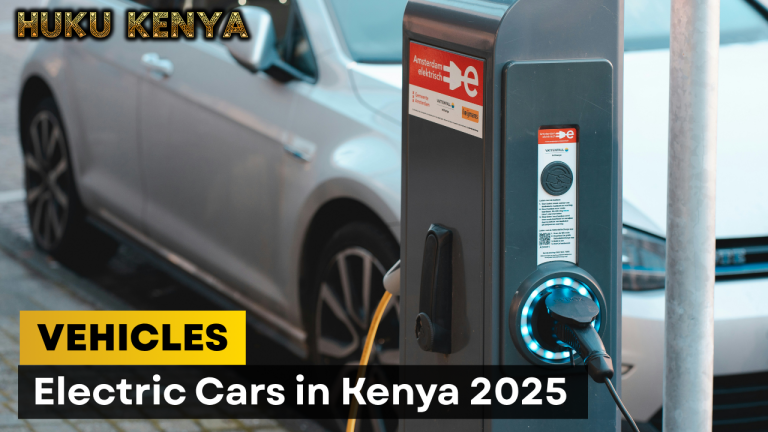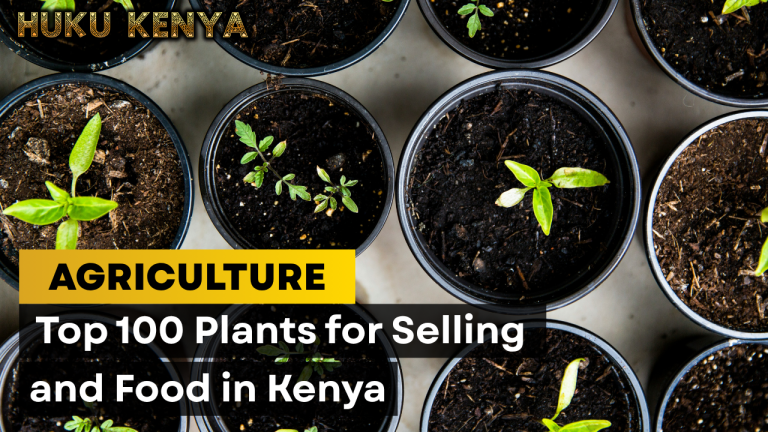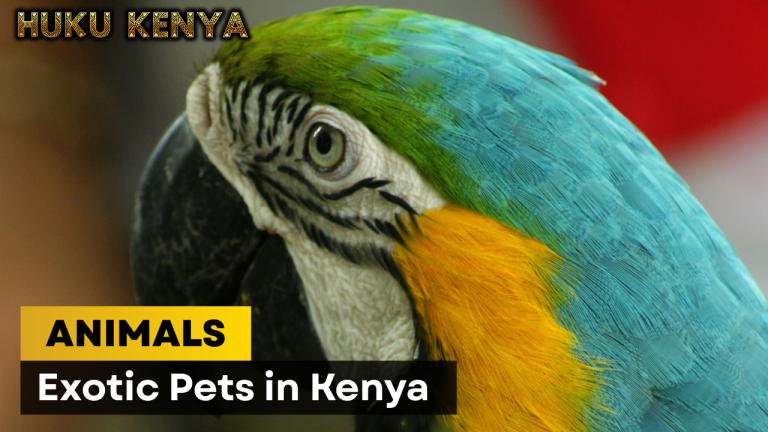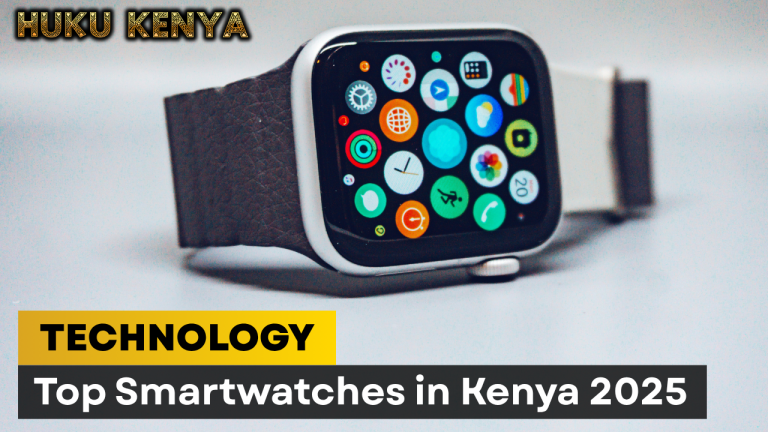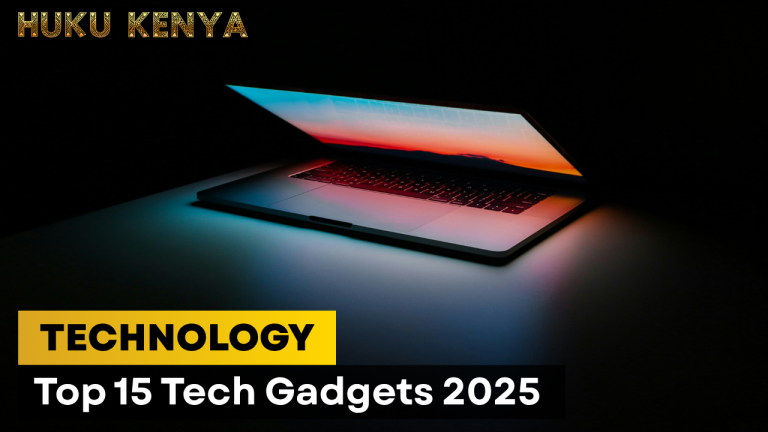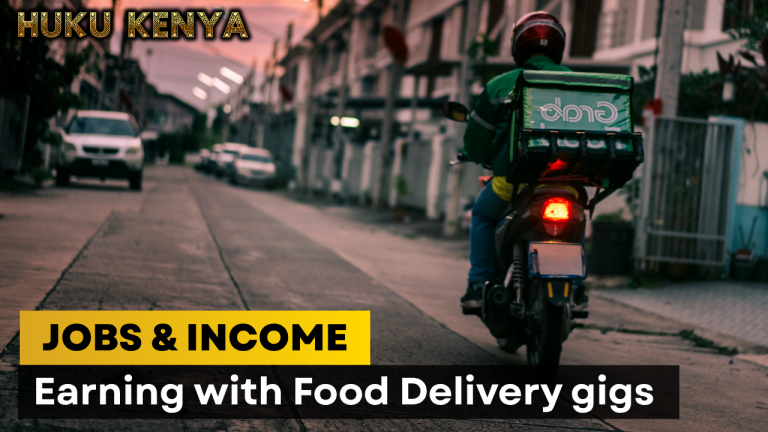
Who’s Disrupting the Market?
Kenya’s small and medium enterprises (SMEs) are no longer just local players—they’re shaping the future of agriculture, finance, education, and energy across Africa. In 2025, a new wave of startups is using artificial intelligence, mobile platforms, and climate-smart technologies to solve real problems for farmers, students, consumers, and underserved communities.
This article spotlights some of the most innovative SMEs in Kenya today, based on recent awards, funding rounds, and impact reports across agritech, fintech, edtech, and clean energy.
1. Agritech Trailblazers
Kimplanter Seedlings Led by Carolyn Mwangi, this SME won top honors at the 2025 AYuTe Africa NextGen Challenge for its climate-resilient seedlings that help smallholder farmers adapt to erratic weather. The company’s model combines agronomy with data-driven distribution to improve yields.
Agritechs Analytics Founded by Maryanne Gichanga, this startup uses solar-powered sensors to monitor soil health and pest activity. Farmers receive real-time alerts and remote farm management tools, making precision agriculture accessible to rural communities.
Apollo Agriculture A well-funded Nairobi-based firm offering bundled services—credit, insurance, inputs, and advisory—through mobile platforms. It uses machine learning and remote sensing to underwrite farm risk and has served over 100,000 farmers across Kenya and Zambia.
SunCulture Known for its solar-powered irrigation systems, SunCulture continues to expand in 2025 with locally sourced, affordable tech for small-scale farmers. Its systems are now used in Kenya, Uganda, and distributed in Ethiopia and Togo.
2. Fintech Disruptors
Pula Advisors This Nairobi-based firm bundles crop insurance with advisory services, using satellite data and drones to assess risk. It operates across Africa and Asia, having insured over eight million farmers and raised more than $9 million in funding.
Lami Technologies A leading insurtech powering embedded insurance for platforms like Sendy and Kwara. Lami’s API-based model allows gig workers and SMEs to access microinsurance directly through apps they already use.
Watu Credit Focused on asset financing for motorcycles and small businesses, Watu Credit uses mobile scoring and flexible repayment models to reach underserved urban and peri-urban populations.
3. EdTech Innovators
Zuri Health Offers mobile-based healthcare consultations and education, bridging the gap between patients and doctors. Its platform includes symptom checkers, appointment booking, and health literacy tools.
Ilara Health Provides diagnostic equipment and training to clinics in underserved areas. In 2025, it expanded its AI-powered diagnostic tools and partnered with schools to offer health education modules.
Kuza Biashara Operates the REDI platform, which trains rural entrepreneurs in agribusiness, financial literacy, and digital marketing. It was recognized at the Africa-Korean Agtech Innovations Challenge for its scalable impact model.
4. Clean Energy & Sustainability
BasiGo A pioneer in electric public transport, BasiGo expanded its fleet of electric buses in Nairobi and Kisumu, offering pay-as-you-drive financing and solar charging infrastructure.
Carol Ofafa’s E-Safiri This Kisumu-based startup deploys solar-powered EV charging stations and battery swapping points, making electric mobility viable in peri-urban areas.
Peter Njeri’s Community Kitchens Uses recycled plastic waste to generate clean cooking gas for community kitchens, reducing reliance on charcoal and LPG.
James Nyamai’s Hybrid Solar Dryers Combines solar and biofuel energy to help farmers dry produce efficiently, even during rainy seasons. The dryers are used for fruits, grains, and herbs.
Final Thoughts
Kenya’s SME ecosystem in 2025 is defined by bold ideas, scalable tech, and youth-led innovation. From climate-smart agriculture to embedded insurance and AI-powered education, these startups are not just disrupting markets—they’re building inclusive solutions for millions.


